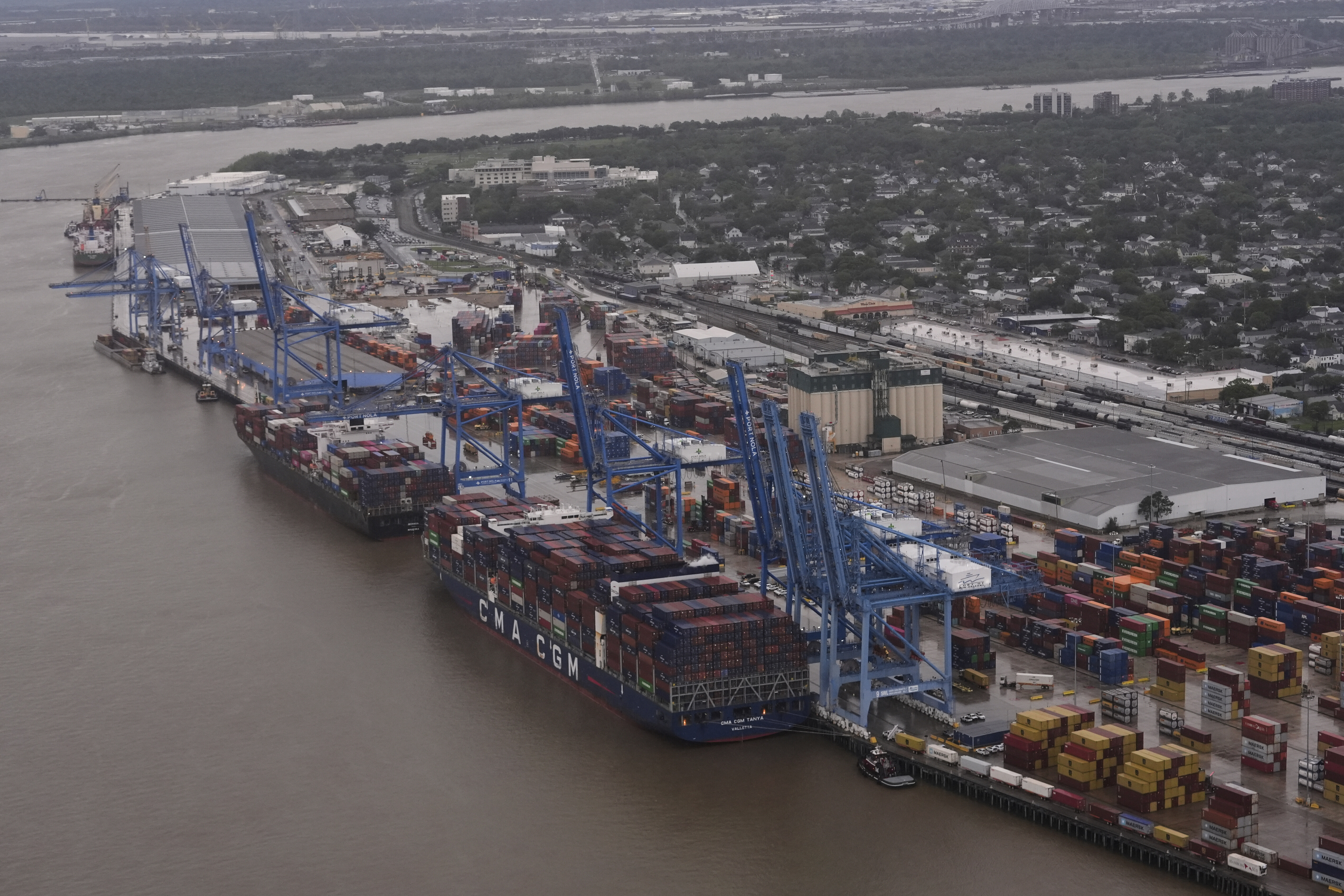Argentina is a country blessed. A stroll through the tree-lined avenues of Buenos Aires, the glacial landscapes of El Calafate, or the serene vineyards of Mendoza will leave no doubt. But it’s also a country cursed, not least by the maximalist lens through which it is constantly viewed abroad.
When Mauricio Macri took office in 2015, his election as Argentina’s president triggered a three-year binge of frenzied, unrealistic optimism around the world. A pro-market reformist taking the reins from a freewheeling populist, his was supposed to be the government that fixed Argentina. The sheer juxtaposition between Macri’s and his predecessor’s platforms was enough for international observers to proclaim a new dawn for the country. Investors became almost exaggeratedly bullish.
In retrospect, we would have done well to temper our enthusiasm.
Fast-forward three years, and Argentina is suddenly face-to-face with familiar beasts. This is despite stronger economic fundamentals in 2016 and 2017, a newly transparent statistics bureau, and a reopening to international money markets. Inflation has risen, growth forecasts have been slashed, and a run on the peso has brought interest rates above 70 percent. Accordingly, headlines these days have been every bit as bleak as they were buoyant in 2015. Again, a dose of nuance is in order.
What Macri inherited was by any metric a disaster of an economy, yet the greatest problems lay beneath the surface. Years of mismanagement and cronyism meant Argentina’s problems were deep and structural. The country’s recovery was never bound to follow a smooth upward trajectory, which is why taking today’s turmoil as a sign of failure is wrong. Worse still, if key stakeholders act on that notion, it could become a self-fulfilling prophecy.
Part of Argentina’s current malaise is due to factors beyond the government’s control. Last November, the country’s worst drought in decades began devastating its crucial agricultural sector. Early this year, as the effects were beginning to be felt, the specter of a looming U.S.-China trade war fueled an uptick in global risk aversion, dealing a blow to emerging markets across the board. And the Fed’s series of interest rate hikes only heightened the pain as investors turned their sights toward the United States, bolstering the greenback and dealing a double blow to Argentina, whose sovereign debt is nearly 70 percent dollar-denominated.
But the government has made missteps. Macri’s gradualist approach to fiscal reform was meant to shield him from the political costs of belt-tightening. Instead, it bogged down the pace of recovery, leaving Argentines hit by austerity feeling that they had nothing to show for it.
Aware of its shortcomings and determined to correct course, the government last month released its 2019 budget proposal, in which gradualism is all but thrown by the wayside. Further slashing next year’s primary deficit target from 1.3 to 0 percent, Buenos Aires laid out a path to fiscal balance that left no doubts as to its commitment. The peso rose and country risk fell immediately upon the news. That was followed by another policy shift earlier this month, as the central bank moved to prioritize stemming the growth in Argentina’s money supply. The peso has further rallied in response to the new approach.
But this is where continued support and faith from the United States and the broader international community become crucial. As Macri sets out to increase the dosage of the bitter medicine Argentina needs, his success in this stage is imperative. Elections are just a year away, and he’s risking nearly all his short-term political capital in the name of long-term stability.
Should investors maintain confidence by taking the long view and putting the current turbulence in broader context, Macri can get the breathing room he needs to consolidate these reforms. If not, an anti-reform opposition will be quick to cash in ahead of elections. If they succeed, particularly at this delicate phase, all bets are off.
Thankfully, cool heads are prevailing as key policymakers in the United States and Europe rightly caution against Argentina alarmism. A strong Argentina, they know, brings benefits for more than just balance sheets. Under Macri, the country has re-emerged as a crucial actor in the region, promoting convergence between Latin America’s main economic blocs and championing the defense of human rights in the face of crises in Venezuela and Nicaragua. Successfully navigating this difficult moment will give Argentina the latitude to continue as a force for good.
Investors and the international community should accordingly recognize the role their support can play in making this a reality -- as well as the gains to be reaped from a fully reformed Argentina down the line.
All that requires is ditching the uncompromising maximalism with which we’ve come to view the country. Good news shouldn’t have us jumping for joy, nor should bad news have us running for the hills. As Argentina continues on its path to becoming, as the government famously put it, a “normal” country, now more than ever it is important that we treat it like one.
Jason Marczak is director of the Atlantic Council’s Adrienne Arsht Latin America Center. He is on Twitter @JMarczak. In September, the Atlantic Council honored President Macri with its Global Citizen Award for his role in bringing Argentina back as a pivotal global player, and in recognition of the need for continued world support of Argentina and its people. The views expressed are the author's own.












